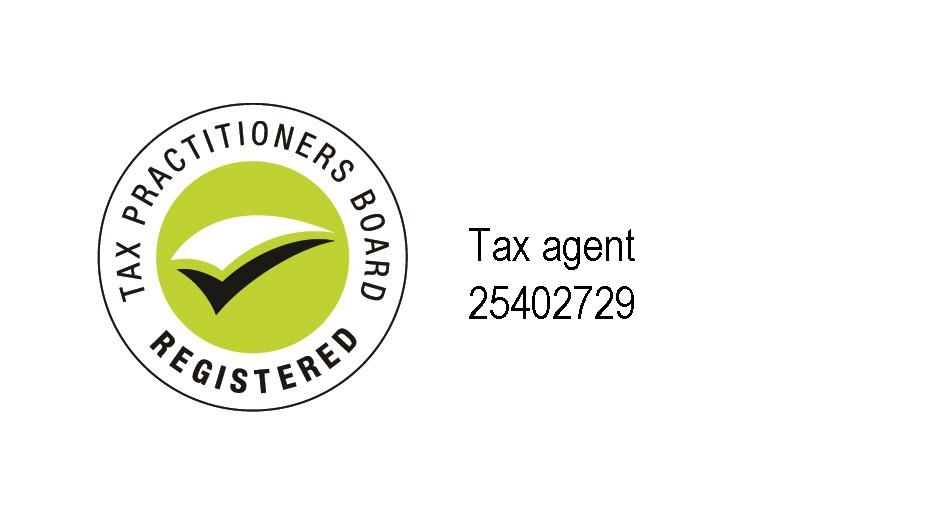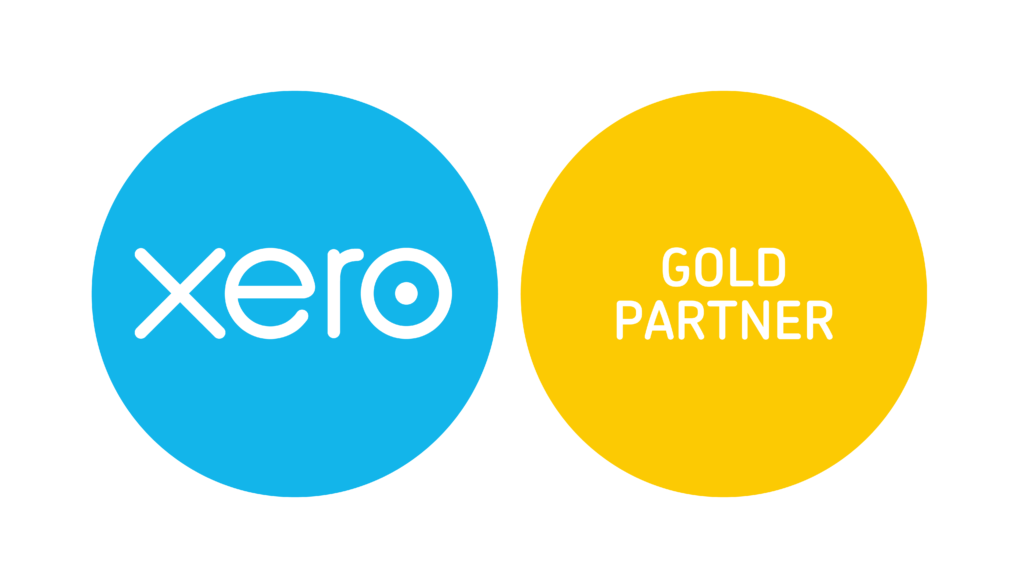Financial Reporting for Businesses in Australia

Australia aims to promote investor confidence and integrity in the economy, corporations and in capital markets. This is supported by legislation that requires Australian businesses to produce and submit clear and consistent financial reports prepared in accordance with the law, regardless of the state in which you are carrying on a business.
What Company Records Must You Keep?
Businesses may be required to report to the Australian Taxation Office (ATO), the Australian Securities and Investments Commission (ASIC) and/or the Australian Securities Exchange (ASX). But regardless of the government department to whom you report, as a Director of a business, you are wholly accountable for ensuring the company keeps up to date financial records that:
- correctly record and explain the company’s transactions;
- records and explains their financial position and performance; and,
- enables accurate financial statements to be prepared and audited.
This ensures that accurate financial statements can be prepared and audited (if necessary) and the company complies with taxation law.
What is a Financial Record?
Financial records is defined as invoices, receipts, cheques, books of prime entry and working papers and other financial documents. The records can be stored electronically but they must be in a state that allows them to be converted into hard copy (for example: printed as paper copies).
Even if your records are held by someone else (like your accountant or registered agent), you, as a company Director or Officeholder, are still responsible for providing copies to auditors or anyone entitled to inspect your records.
Section 286 of the Corporations Act requires financial records to be kept for at least seven years after the transactions covered by the records are complete.
Below are some examples of records and documents that your company should have:
- Financial statements including profit and loss statements, balance sheets, depreciation schedules and taxation returns
- General ledgers and journals
- Cash records including cash receipts, records of bank deposits, petty cash books and cheque butts
- Bank statements and loan documents
- Sales and debtor records
- Invoices and statements received and paid, including correspondence, annual returns, wage records and superannuation records
- Unpaid invoices
- Minutes of members or Directors’ meetings and any minuted resolutions passed by Directors or members
- Any relevant registers including a register of members, options, debenture holders, assets or any other relevant items
- Deeds including deeds of trust, debentures, contracts and agreements, or any inter-company transactions
Companies should consider preparing monthly statements to track their performance, which may include financial performance, KPIs, achievement relating to key projects and the company risk register, for example:
- A statement of comprehensive income which provides an overview of the company’s revenue and expenses (including the resulting profit/loss)
- The company strategy and achievement to key performance indicators
- Key projects and achievement to time/cost, including major risks and issues
- A statement of financial position with an overview of the company’s equity and debts
- A statement of cash flows to summaries any incoming and outgoing cash
- Company risk register

discussion on Dynamic Delivery in Startups. Watch the full panel discussion here.
Back-Up Your Records
Due to the importance of these documents and records, it is wise to maintain an archiving system for paper or electronic records. We’d recommend backing up your most critical business documents on a weekly or even daily basis to ensure that they can be easily accessed when needed.
Business Activity Statement
If you are carrying on a business in Australia, you are required to lodge a Business Activity Statement (BAS) to the Australian Taxation Office (ATO). A business activity statement is the vehicle by which you report their tax obligations and make GST payments. Certain individuals may also be required to lodge a BAS and/or pay by regular instalments. A BAS needs to be lodged monthly, quarterly or annually (depending on when instalments are due) and can be lodged electronically, by mail or in person.
ASIC Financial Reporting Requirements
The Australian Securities and Investments Commission (ASIC) is Australia’s corporate, financial markets and financial services regulator. Whilst all companies should keep financial records, some types of companies need to keep these records for the purposes of preparing and lodging financial reports with ASIC.
Companies carrying on a business in Australia are required to prepare and lodge financial reports with ASIC at financial year end (albeit some companies are exempt from financial reporting) and further, annual financial reports are required to be audited.
Generally, companies must lodge reports if they have any of following characteristics:
- there are substantial sums of money involved
- the general public has invested funds with the company, or
- the company exists for charitable purposes (registered with the Australian Charities and Not-for-Profits Commission) only and is not intended to make a profit.
Section 292 of the Corporations Act 2001 (Corporations Act) requires the following companies to prepare financial reports:
- all disclosing entities
- publicly listed companies
- companies limited by guarantee (except small companies limited by guarantee)
- all large proprietary companies that are not disclosing entities (Are you a large or small proprietary company?)
- all registered managed investment schemes
- small proprietary companies that are foreign-controlled
- small proprietary companies that have one or more crowd-sourced funding shareholders at any time during the year.
The following entities may also be required to prepare financial reports:
- small proprietary companies that we direct to prepare financial reports
- small proprietary companies that shareholders direct to prepare a financial report
- small companies limited by guarantee subject to a member direction under section 294A of the Corporations Act.
Section 601CK of the Corporations Act requires registered foreign companies to lodge balance sheets, profit and loss statements, cash flow statements and other documents with ASIC. Australian financial services (AFS) licensees must also lodge financial statements under section 989B of Corporations Act and, are required to lodge annual accounts and audit reports using forms FS70 and FS71.

discussion on Dynamic Delivery in Startups. Watch the full panel discussion here.
ASIC Financial Reporting
Financial reports must be prepared in accordance with the Corporations Act and comply with Australian Accounting Standards (see Section 292 of the Corporations Act 2001 (Corporations Act)). Also, Australian Accounting Standards meet the requirements of International Financial Reporting Standards (IFRS), which Australia adopted in 2005.
Australian Accounting Standards are set by the Australian Accounting Standards Board (AASB), an independent Australian Government agency. The standards are legislative requirements for corporations. They must also be applied to all other general-purpose financial reports of public and private sector reporting entities.
The Australian Accounting Standards meet the requirements of the International Financial Reporting Standards (IFRS). Whilst much of the standard-setting is the responsibility of the International Accounting Standards Board (IASB), the AASB maintains standard-setting power over matters specifically relating to Australia.
Who is Exempt from Financial Reporting?
Some companies are exempt from being required to lodge financial reports, in unique circumstances, as noted below:
- the company has already lodged financial reports with ASX, NSX, SIM VSE or SSX and the conditions in ASIC Corporations (Electronic Lodgment of Financial Reports) Instrument 2016/181 are met. See Regulatory Guide 28 Relief from dual lodgment of financial reports (RG 28)
- the small proprietary company is foreign controlled but the foreign company that is in control is registered with ASIC as a foreign company and lodges consolidated financial reports that include the activities of the Australian company for the period that control exists
- the small proprietary company is controlled by foreign companies that are not part of a large group. In this case, you are not required to appoint auditors or prepare or lodge financial reports if the directors resolve to rely on relief provided by ASIC Corporations (Foreign-Controlled Company Reports) Instrument 2017/204. Small proprietary companies which are controlled by a foreign company but which are not part of a large group, and lodge Form 384 Resolution by directors of a small proprietary company controlled by a foreign company which is not part of a ‘large group’ within the deadlines set out in ASIC Corporations (Foreign-Controlled Company Reports) Instrument 2017/204.
It is very important not to assume that your company will qualify for an exemption. There are only a minor number of businesses that qualify for exemption and some form of relief. Further, relief is not granted for financial reports that were due in the past.

discussion on Dynamic Delivery in Startups. Watch the full panel discussion here.
Copy of Financial Statements and Reports
Form 388 Copy of Financial Statements and Reports should always be completed and lodged with the documents listed in the table below unless the company or entity lodges its financial statements and reports with the ASX, NSX, SIM VSE or SSX, or the entity is a registered foreign company (Form 405 Statement to verify financial statements of a foreign company).
If your company holds an AFS licence, you must also lodge:
- Profit and Loss Statement
- Balance Sheet
- Auditor’s Report
- Form FS70 Australian Financial Services Licensee Profit and Loss Statement and Balance Sheet
- Form FS71 Auditor’s report for AFS licensee.
A disclosing entity’s half-year financial report is lodged with ASIC using Form 7051 Notification of half yearly reports, unless the disclosing entity lodges with ASX, NSX, SIM VSE or SSX.
The table below lists the components of the annual financial report:
- End of financial year Financial Position.
- Profit or Loss and other comprehensive income data for the financial year.
- Cash Flow statement for the financial year.
- Statement of changes in equity.
- Consolidated financial statements required by accounting standards may include parent entity financial statements where Class Order [CO 10/654] Inclusion of parent entity financial statements in financial reports conditions are met.
- Notes to financial statements (disclosure required by the Corporations Regulations 2001, notes required by the accounting standards, and any other information necessary to give a true and fair view).
- Directors’ declaration that the financial statements comply with accounting standards, give a true and fair view. You are also required to confirm there are reasonable grounds to believe the company/scheme/entity will be able to pay its debts and the financial statements have been made in accordance with the Corporations Act.
- Directors’ report, including the auditor’s independence declaration.
These reports can be consolidated, if required by accounting standards.

discussion on Dynamic Delivery in Startups. Watch the full panel discussion here.
When to Lodge Financial Reports
Section 319 of the Corporations Act requires a disclosing entity or registered managed investment scheme to lodge a complete financial report three months post end of financial year. Any other company must lodge their financial reports four months post end of financial year.
If the company has not made a profit or traded during the financial year, financial reports are still required – even if it is necessary to show figures as ‘zero’ (e.g. Total assets = $0.00).
Form 388 – Copy of Financial Statements and Reports
Public, large proprietary, small proprietary foreign-controlled companies, registered schemes and trusts must lodge annually, accompanied by the Form 388.
The form can also be used to notify ASIC of the appointment of an auditor to the company (but not a scheme). This form can also be lodged using Standard Business Reporting (SBR) enabled software.
Forms 388:
- 388A = Public company or disclosing entity
- 388B = Registered Scheme
- 388C = supplementary (company)
- 388D = supplementary (registered scheme)
- 388H = Large Proprietary company that is not a disclosing entity
- 388I = Small proprietary company that is controlled by a foreign company
- 388J = Small proprietary company or small public company limited by guarantee that is requested by ASIC to prepare and lodge statements and reports
- 388K = Trust (disclosing entity)
- 388L = Tier 2 public company limited by guarantee
Australian Stock Exchange Reporting Requirements
Companies listed on the Australian Securities Exchange (ASX) are bound by continuous and periodic disclosure rules. The ASX provides information on these requirements in its Listing Rules.
You should seek professional advice if you are unsure of your company’s financial reporting obligations.
If you have any questions or need advice and clarity specific to your business, feel free to contact Semmens & Co on 03 8320 0320 for a free consultation.







